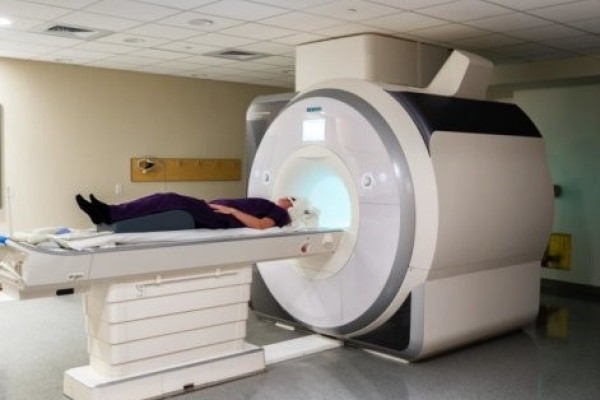Your brain on imagination: It's a lot like reality, study shows
That's the takeaway of a new brain imaging study led by University of Colorado Boulder and Icahn School of Medicine researchers, suggesting that imagination can be a powerful tool in helping people with fear and anxiety-related disorders overcome them.
That's the takeaway of a new brain imaging study led by University of Colorado Boulder and Icahn School of Medicine researchers, suggesting that imagination can be a powerful tool in helping people with fear and anxiety-related disorders overcome them.
"This research confirms that imagination is a neurological reality that can impact our brains and bodies in ways that matter for our wellbeing," said Tor Wager, director of the Cognitive and Affective Neuroscience Laboratory at CU Boulder and co-senior author of the paper, published in the journal Neuron.
About one in three people in the United States have anxiety disorders, including phobias, and 8 percent have Post Traumatic Stress Disorder. Since the 1950s, clinicians have used "exposure therapy" as a first-line treatment, asking patients to face their fears -- real or imagined -- in a safe, controlled setting. Anecdotally, results have been positive.
YOU MAY READ MORE HERE.





Related Posts